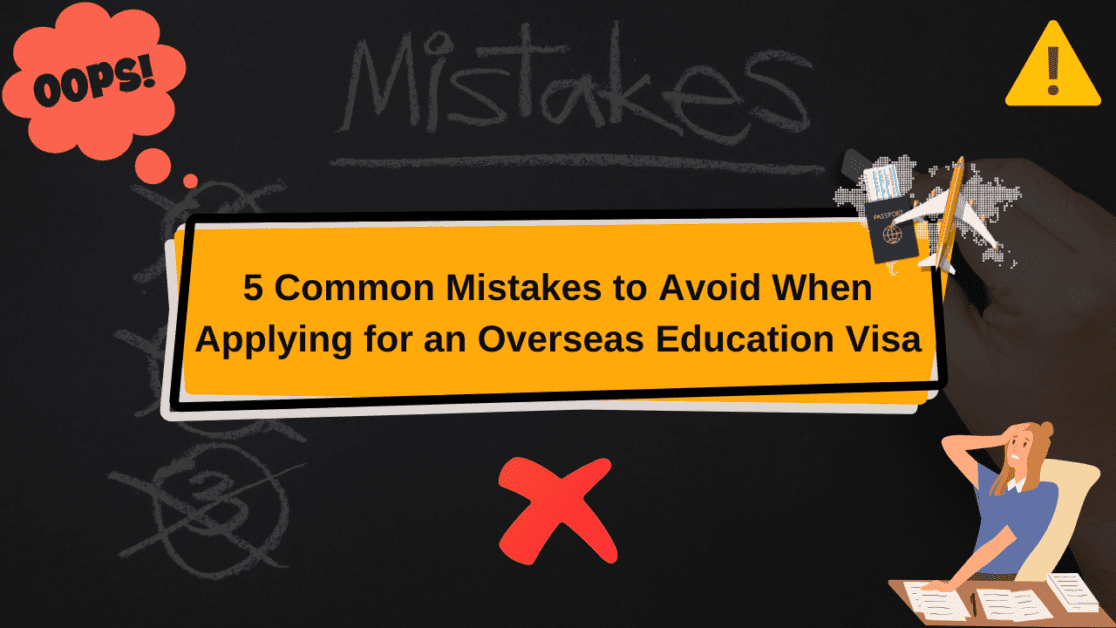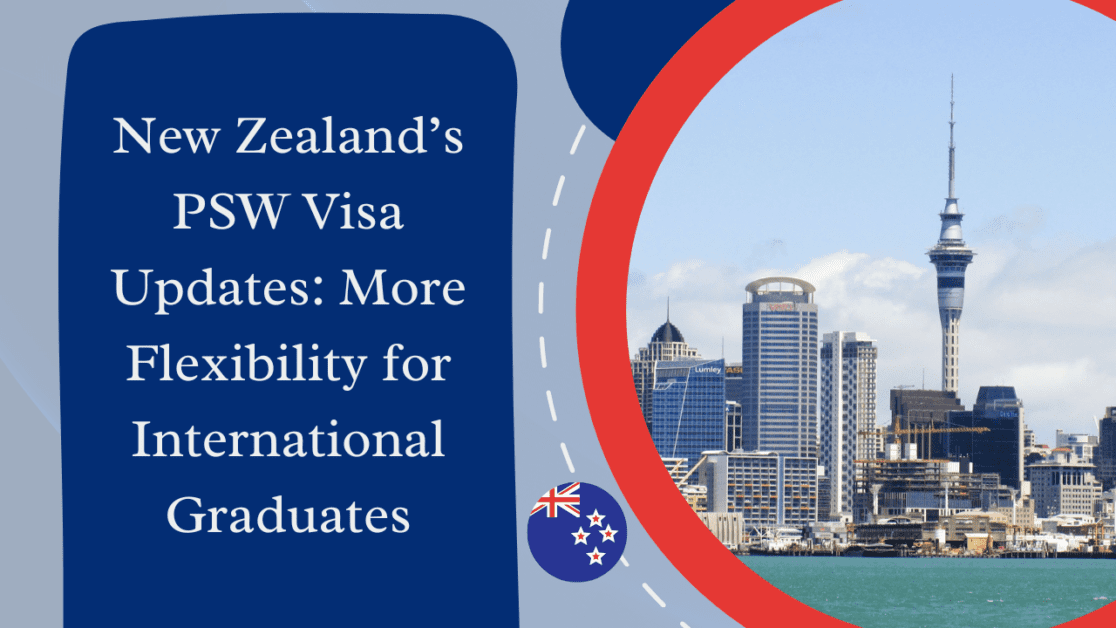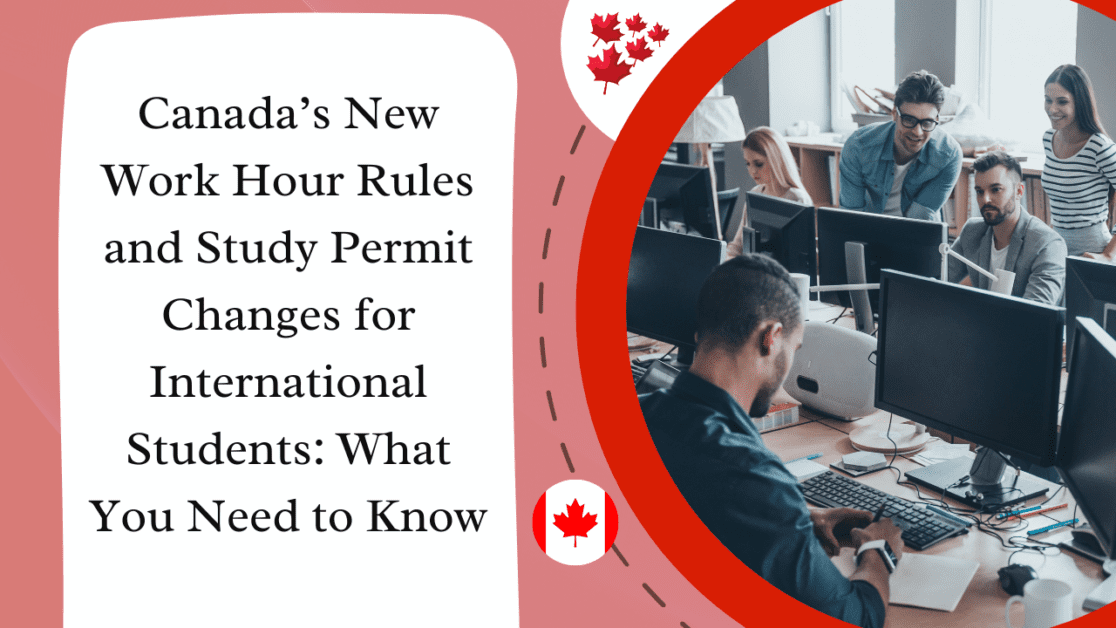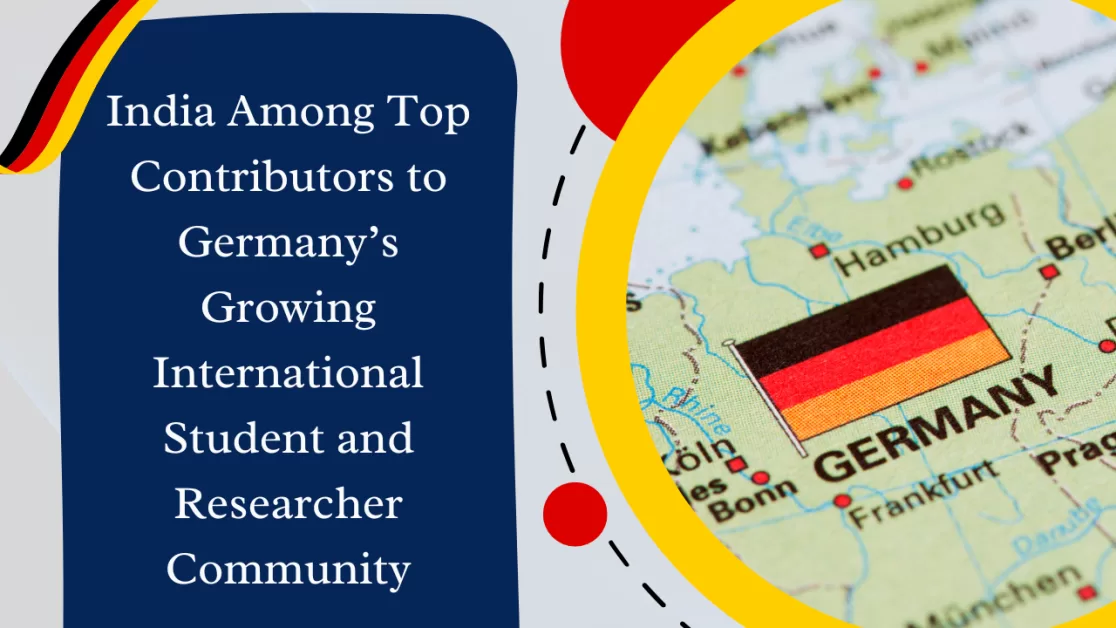
Are you dreaming of studying abroad but worried about the visa application process? You’re not alone. Every year, thousands of students face visa rejections due to avoidable mistakes. 😟
Securing an overseas education visa can be a daunting task, filled with complex paperwork and strict requirements. But don’t let that discourage you! By understanding the common pitfalls and learning how to navigate them, you can significantly increase your chances of success. 🎓✈️
In this blog post, we’ll explore the 5 most common mistakes applicants make when applying for an overseas education visa. From incomplete documentation to inadequate interview preparation, we’ll cover it all. By the end, you’ll be equipped with the knowledge to avoid these errors and put your best foot forward in your visa application journey. Let’s dive in and pave the way for your international education adventure! 🌍🚀
Submitting Incomplete or Inaccurate Documentation
One of the most critical steps in securing an overseas education visa is ensuring your documentation is complete and accurate. Many applicants underestimate the importance of this step, leading to unnecessary delays or even visa rejections. Let’s explore the common pitfalls to avoid when preparing your visa application documents.
A. Missing required forms
Visa applications typically involve multiple forms, each serving a specific purpose. Failing to submit even one required form can result in your application being deemed incomplete. To avoid this:
Create a checklist of all required forms
Double-check the checklist against the official visa application guidelines
Have a second person review your application for completeness
B. Submitting low-quality copies
Poor-quality document copies can lead to rejection or requests for resubmission, causing delays in your application process. Ensure all copies are:
Clear and legible
In color (if required)
Properly sized and formatted
C. Neglecting to translate documents
Many countries require non-English documents to be professionally translated. Failing to do so can result in your application being put on hold or rejected outright. Consider the following:
Original Document | Translation Requirement |
|---|---|
Academic transcripts | Professional translation often required |
Birth certificate | Certified translation usually necessary |
Financial statements | May need translation depending on the country |
D. Providing outdated information
Submitting outdated information can raise red flags and potentially lead to visa rejection. To avoid this:
Review all documents for current validity
Update any expired documents before submission
Ensure personal information (address, phone number, etc.) is up-to-date
By paying close attention to these details, you significantly increase your chances of a successful visa application. Now that we’ve covered documentation errors, let’s explore another common mistake: misrepresenting financial capability.
Misrepresenting Financial Capability
When applying for an overseas education visa, one of the most critical aspects is accurately representing your financial capability. Misrepresenting your financial situation can lead to serious consequences, including visa rejection and potential legal issues. Here are three common pitfalls to avoid:
A. Overlooking sponsor requirements
Many students rely on sponsors to support their education abroad. However, it’s crucial to understand and meet the specific sponsor requirements for your chosen destination country. Different countries have varying rules regarding acceptable sponsors and the documentation needed to prove their support.
Acceptable sponsors may include:
Parents or legal guardians
Other family members
Educational institutions
Government scholarships
Private organizations
B. Failing to prove sufficient funds
Visa officers need to be assured that you have enough money to cover your tuition fees and living expenses for the duration of your studies. Failing to provide clear and convincing evidence of your financial resources can result in a visa denial.
Required Documentation | Purpose |
|---|---|
Bank statements | Show account balance and transaction history |
Scholarship letters | Prove awarded financial support |
Loan approval documents | Demonstrate secured educational loans |
Sponsorship declarations | Confirm financial backing from sponsors |
C. Underestimating study and living costs
Many applicants make the mistake of underestimating the true cost of studying and living abroad. This can lead to financial strain during your studies and raise red flags for visa officers reviewing your application.
Factors to consider when estimating costs:
Tuition fees
Accommodation expenses
Food and daily necessities
Transportation
Health insurance
Textbooks and study materials
Emergency funds
By accurately representing your financial capability and thoroughly addressing these aspects, you’ll significantly improve your chances of a successful visa application. Next, we’ll explore another critical mistake to avoid: ignoring visa application deadlines.
Ignoring Visa Application Deadlines
One of the most critical aspects of applying for an overseas education visa is timing. Many students underestimate the importance of meeting visa application deadlines, which can lead to unnecessary stress and potentially jeopardize their study abroad plans.
A. Misunderstanding processing times
Visa processing times can vary significantly depending on the country and type of visa you’re applying for. It’s crucial to research and understand these timeframes:
Student visas: 2-12 weeks
Work visas: 4-16 weeks
Tourist visas: 1-8 weeks
Visa Type | Minimum Processing Time | Maximum Processing Time |
|---|---|---|
Student | 2 weeks | 12 weeks |
Work | 4 weeks | 16 weeks |
Tourist | 1 week | 8 weeks |
B. Failing to account for potential delays
Several factors can cause delays in visa processing:
High application volume during peak seasons
Incomplete or incorrect documentation
Additional security checks
Changes in immigration policies
Always add a buffer of at least 2-4 weeks to the expected processing time to account for these potential setbacks.
C. Starting the process too late
Beginning your visa application process late can have severe consequences:
Rushed applications are more prone to errors
Limited time to gather necessary documents
Increased stress and anxiety
Risk of missing program start dates
To avoid these issues, start your visa application process at least 3-6 months before your intended departure date. This allows ample time for document preparation, processing, and addressing any unexpected challenges that may arise.
Now that you understand the importance of timing in the visa application process, let’s explore another crucial aspect that many applicants overlook: language proficiency requirements.
Neglecting Language Proficiency Requirements
When applying for an overseas education visa, one of the most critical aspects that many students overlook is the language proficiency requirements. This oversight can lead to visa rejections and delayed study plans. Let’s explore the common pitfalls related to language requirements and how to avoid them.
Overlooking country-specific language preferences
Different countries have varying language preferences for international students. It’s crucial to understand these preferences to ensure your application meets the specific requirements.
Country | Preferred Language Test |
|---|---|
USA | TOEFL, IELTS |
UK | IELTS, PTE Academic |
Canada | IELTS, CELPIP |
Australia | IELTS, PTE Academic |
Misinterpreting minimum score requirements
Many students make the mistake of aiming for just the minimum required score. However, this approach can be risky:
Minimum scores may vary by program or institution
Higher scores can strengthen your overall application
Some universities have higher language requirements than the visa office
Submitting expired test scores
Language test scores typically have a validity period, usually two years from the test date. Submitting expired scores can lead to automatic rejection of your visa application. To avoid this:
Check the validity period of your test scores
Plan your visa application timeline accordingly
Retake the test if necessary to ensure valid scores
By paying close attention to these language proficiency requirements, you’ll significantly improve your chances of a successful visa application. Next, we’ll discuss the importance of preparing for the visa interview, another crucial step in securing your overseas education visa.
Failing to Prepare for the Visa Interview
The visa interview is a crucial step in your overseas education journey. Many applicants underestimate its importance, leading to potentially costly mistakes. Here’s how to avoid common pitfalls:
A. Dressing inappropriately for the interview
First impressions matter. Your attire should reflect professionalism and seriousness about your academic plans.
Do’s:
Wear business casual attire
Ensure clothes are clean and pressed
Choose conservative colors
Don’ts:
Wear overly casual clothing (e.g., jeans, t-shirts)
Choose flashy or distracting accessories
Overdo makeup or perfume/cologne
B. Inconsistencies between application and interview responses
Consistency is key. Visa officers are trained to spot discrepancies that may indicate dishonesty.
Application | Interview | Potential Red Flag |
|---|---|---|
Stated major | Different field mentioned | Lack of clarity in academic goals |
Listed work experience | Unable to discuss role | Possible false information |
Claimed language proficiency | Struggle to communicate | Misrepresentation of abilities |
C. Being unable to articulate study plans
Clearly expressing your academic goals demonstrates your commitment and preparation.
Research your chosen program thoroughly
Prepare a concise explanation of why you selected this course
Be ready to discuss how it aligns with your career aspirations
Practice explaining your study plans to friends or family
D. Lacking knowledge about the chosen institution
Demonstrating familiarity with your future school shows genuine interest and thorough preparation.
Know basic facts: location, size, ranking
Understand program structure and key courses
Be aware of notable faculty or research opportunities
Familiarize yourself with campus facilities and student life
By addressing these aspects, you’ll significantly improve your chances of a successful visa interview. Remember, preparation is key to confidently presenting your case for studying abroad.
Conclusion
Applying for an overseas education visa can be a complex process, but avoiding common pitfalls can significantly increase your chances of success. By ensuring your documentation is complete and accurate, honestly representing your financial situation, adhering to application deadlines, meeting language proficiency requirements, and thoroughly preparing for your visa interview, you can navigate the process with confidence.
Remember, attention to detail and thorough preparation are key to a smooth visa application experience. Take the time to double-check your application, seek guidance when needed, and approach each step with diligence. By doing so, you’ll be well on your way to realizing your dream of studying abroad and embarking on an exciting educational journey.
Ready to explore? Start your visa application today and get one step closer to your adventure!
Don’t let uncertainties hold you back. Our team of expert overseas education consultants is readily available to assist you. Whether you have inquiries about:
Specific document requirements
Interview preparation tips
Visa application timelines
We’re ready to provide personalized guidance tailored to your unique situation. Get in Touch Today at: +919041818122 and begin your journey with Vrinda International.
The information provided in this blog is for general guidance purposes only. Visa policies, application procedures, and fees are subject to change without prior notice. For the most accurate and up-to-date details, we recommend contacting us directly or consulting official sources. Feel free to reach out to us for personalized assistance with your visa application or travel needs.
FAQ - Frequently Asked Question
1. What is the most common mistake students make when applying for an overseas education visa?
The most common mistake is incomplete documentation. Missing or incorrect documents can lead to visa rejections. Always double-check the visa requirements and ensure all necessary documents are submitted.
2. How can I avoid mistakes when providing financial information?
Ensure that your financial documents clearly demonstrate your ability to fund your education and living expenses. Inaccurate or insufficient financial proof is a major reason for visa denials. Keep bank statements, scholarship letters, and sponsor details updated and correct.
3. What should I know about the Statement of Purpose (SOP) for a visa application?
Your SOP should be well-structured, clear, and authentic. Visa officers look for clear intent behind your study plans and future goals. Avoid generic language and ensure that your SOP aligns with your chosen course and career aspirations.
4. How important is timing when applying for a visa?
Timing is critical. Late applications can result in missed deadlines or unnecessary stress. It’s important to apply as soon as you receive your acceptance letter from the university to allow ample time for processing.
5. Why is understanding visa interview requirements crucial?
Not preparing for the visa interview can lead to nervousness and unclear answers. Make sure to review common visa interview questions, practice your responses, and be confident in explaining your study plans, financial situation, and future goals.
6. What can I do to avoid common errors on the visa application form?
Always double-check your visa application form for any errors or inconsistencies, especially personal details like your name, passport number, and course information. Small mistakes can lead to delays or rejection.
7. Is it risky to apply for a visa without professional guidance?
While many students successfully apply for visas independently, professional guidance from an education consultant can help you avoid errors and increase your chances of approval. They provide expertise on documentation, financial planning, and interview preparation.



